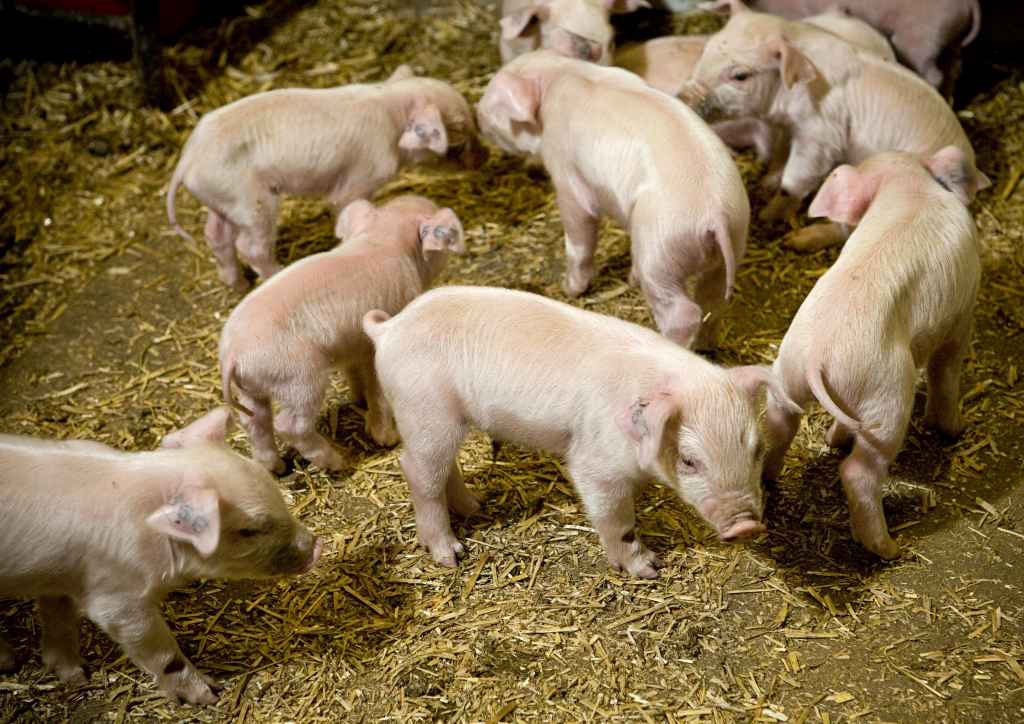The effect of zinc on weaners to be scrutinised
The addition of high amounts of zinc to the diet of newly weaned pigs increases the growth rate and reduces the incidence of diarrhoea. A scientist from Aarhus University will be examining the causes of this in a new research project.

Why does zinc benefit newly weaned pigs?
This is the question that postdoc Karoline Blaabjerg from the Department of Animal Science at Aarhus University will try to answer in a new research project.
Today, newly weaned pigs are given a zinc supplement in their diet. By increasing the level from the recommended 100 mg zinc/kg in the diet to 2500 mg zinc/kg, however, the piglets’ weight gain is increased considerably, and the incidence of diarrhoea, which is common among piglets, is reduced by up to 50 percent.
Karoline Blaabjerg’s research project ”Do piglets have a specifically high zinc requirement at weaning?” has received 3.9 million DKK from The Danish Council for Independent Research | Technology and Production, and Karoline will be looking closer at the reason why zinc has the effect that it has.
- The idea behind the project is that the proteins that transport zinc across the intestine are not fully developed in the newly weaned pigs, and they are therefore not able to absorb sufficient zinc to meet the demand when the zinc concentration in the feed is 100 mg/kg feed, she explains.
No knowledge exists about zinc transporters in pigs, but zinc absorption in humans and rodents has been found to be tightly regulated by different zinc transporters in the intestinal cells. It is also known that the physiological mechanisms controlling the development of these transporters are dependent on the zinc intake, and there are indications that ontogenesis (the development of the individual with age) also plays a role.
In her project, Karoline Blaabjerg will initially identify the presence of different zinc transporters in the pigs' intestinal cells. She will subsequently look at how the mechanisms that control the development of these transporters depend on zinc intake. The same mechanisms will also be examined in relation to the ontogenetic development.
New insights into the mechanisms controlling zinc uptake in newly weaned pigs can be crucial in determining the needs of the newly weaned pigs during the critical 14 day post weaning, thus ensuring the pigs' health, welfare and growth.
Facts:
The project, which is funded by The Danish Council for Independent Research (licence ID: DFF -1337-00135), runs until the end of 2016.
Further information: Postdoc Karoline Blaabjerg, Department of Animal Science, telephone: +45 8715 7994, email: Karoline.Blaabjerg@agrsci.dk
